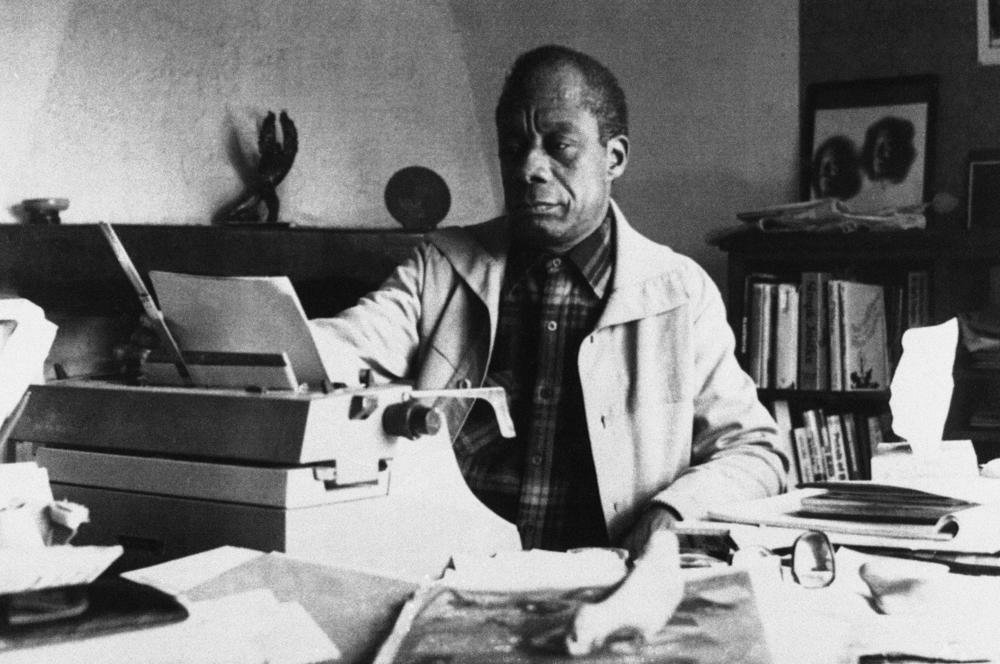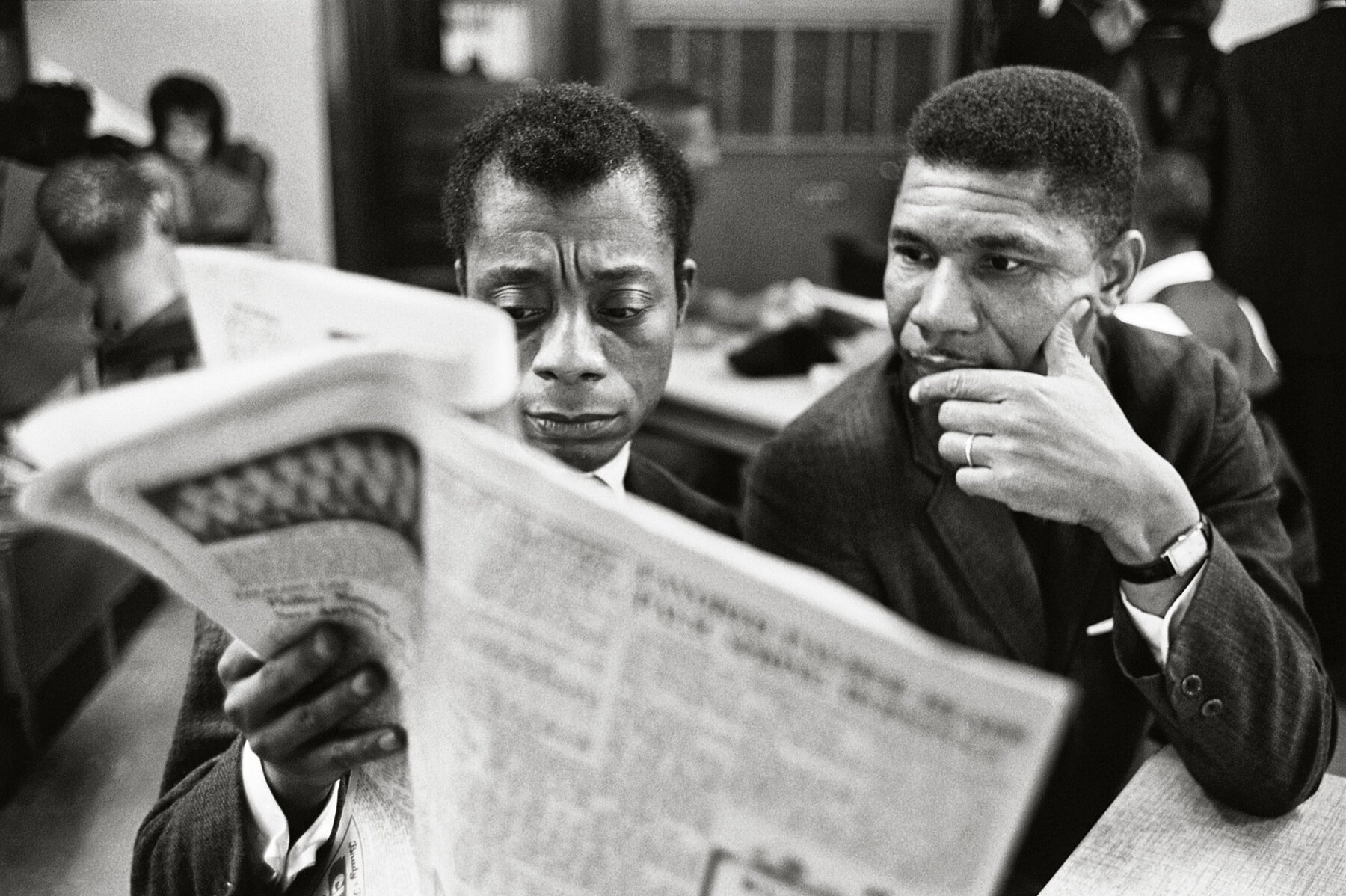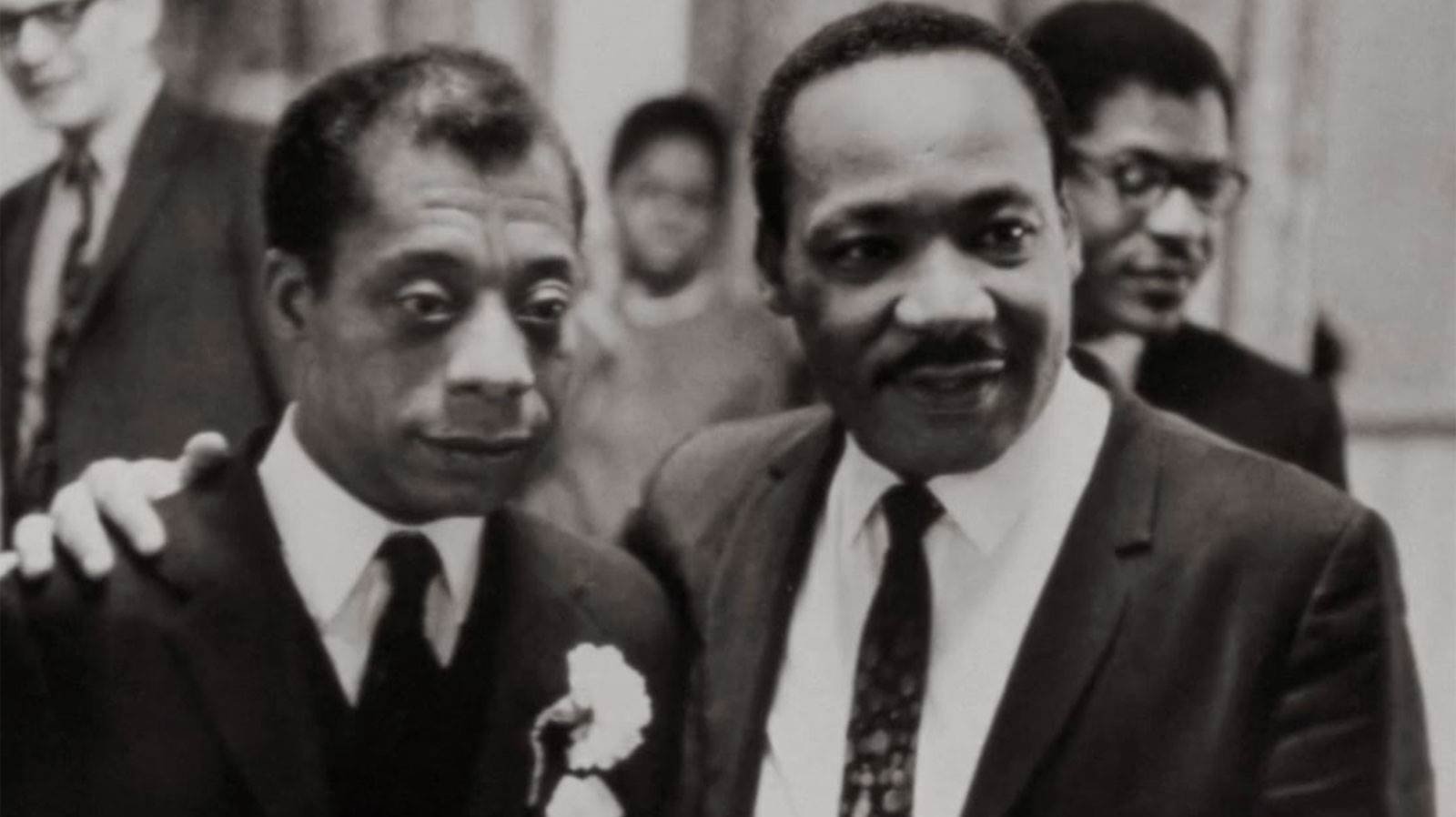
The James Baldwin Circle is NAAM’s opportunity to be in conversation with and honor an African American writer who uses the power of the pen to make America more equitable and writes in truth-telling ways akin to James Baldwin. The writer is inducted as a Fellow into NAAM’s James Baldwin Circle, presented with a plaque, and discusses their latest writings.
THE LEGACY OF JAMES BALDWIN
Born on August 2, 1924, in Harlem, New York, James Baldwin is one of the 20th century's greatest writers who broke new literary ground with the exploration of racial and social issues in his writings and essays that honed in on the Black experience. Baldwin was an essayist, playwright, novelist and a prominent voice of the American civil rights movement known for works including 'Go Tell It on the Mountain.' 'Notes of a Native Son,' and 'The Fire Next Time'. Published in 1953, ‘Go Tell It on the Mountain’ was Baldwin’s first novel. His next novel, Giovanni's Room told the story of an American living in Paris and broke new ground for its complex depiction of homosexuality. Baldwin was open about his homosexuality and relationships with both men and women. Yet he believed that the focus on rigid categories was just a way of limiting freedom and that human sexuality is more fluid and less binary than often expressed in the U.S. Later in life, Baldwin spent years sharing his experiences and views as a college professor at University of Massachusetts at Amherst and Hampshire College. His legacy would live on through his writings, lectures, and prolific interviews conducted throughout his life. On December 1, 1987, James Baldwin joined the ancestors at his home in St. Paul de Vence, France. Baldwin saw his personal mission as bearing "witness to the truth." He accomplished this mission through his extensive, rapturous literary legacy.
The James Baldwin Circle Inductees
NAAM was pleased to induct Marcus Harrison Green as the inaugural James Baldwin Circle Fellow on January 25, 2022. The second James Baldwin Fellow was Ijeoma Oluo, inducted on January 31, 2023.
Watch the 2023 induction program HERE.








